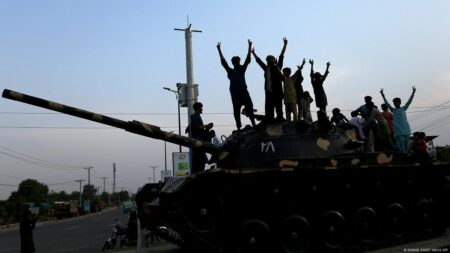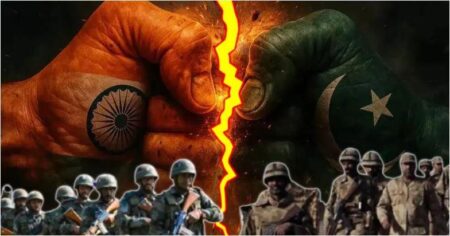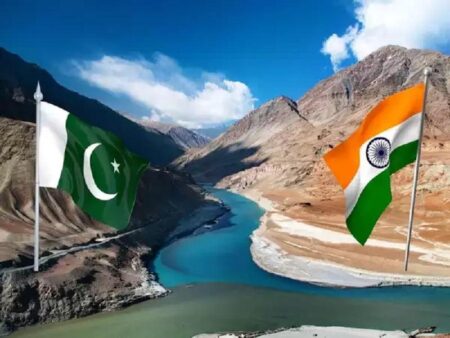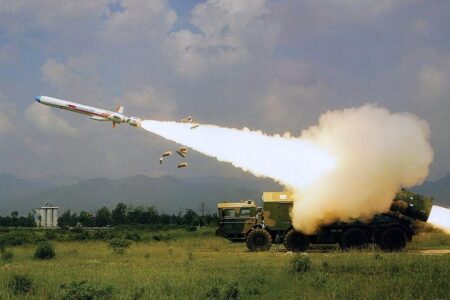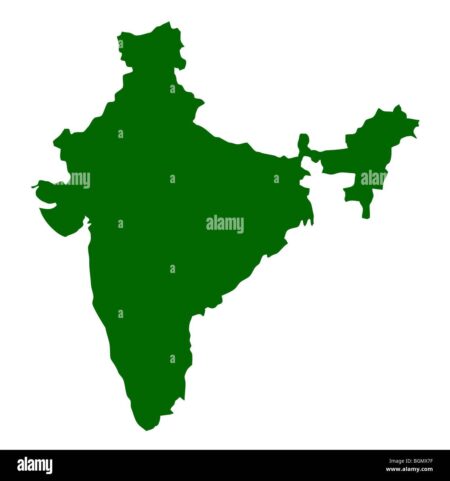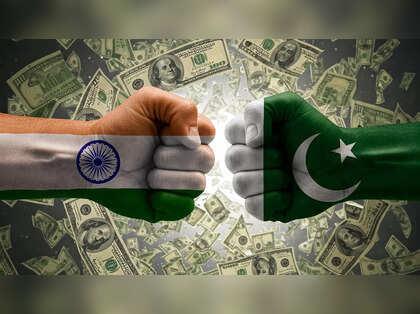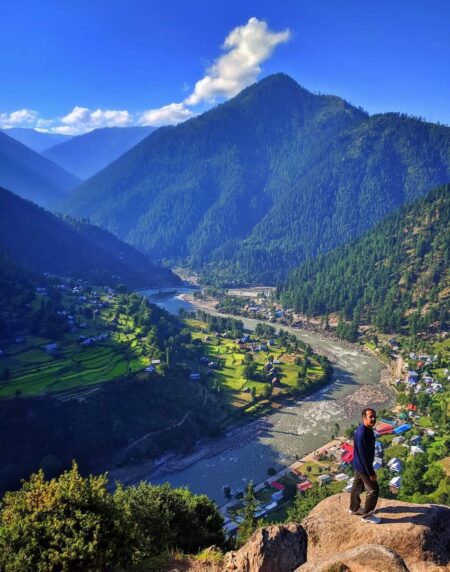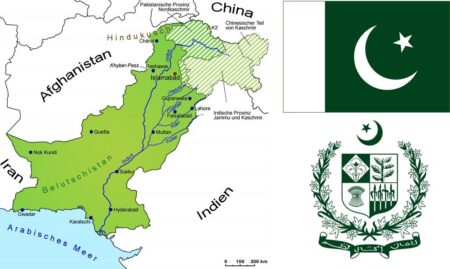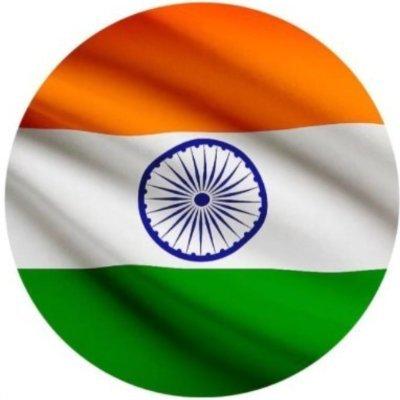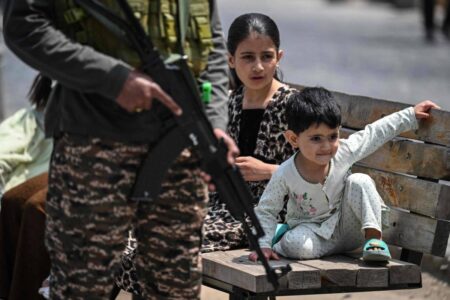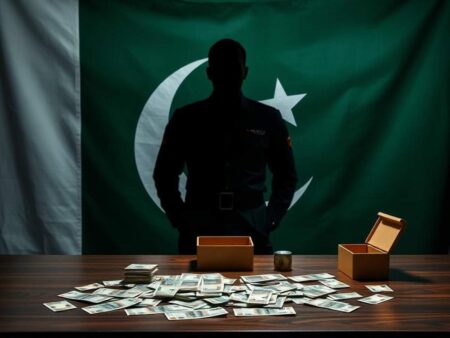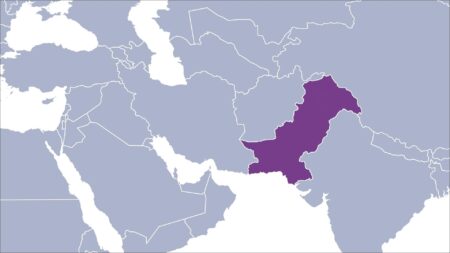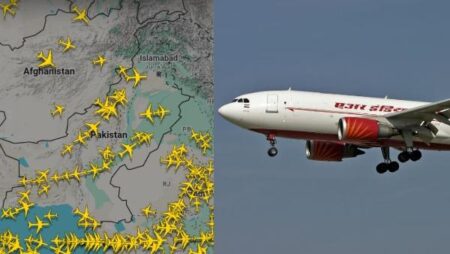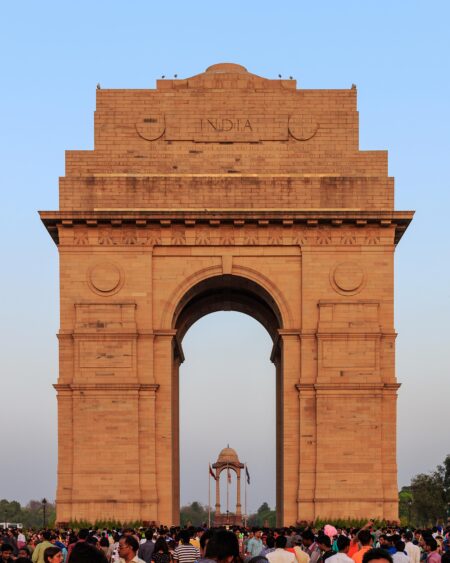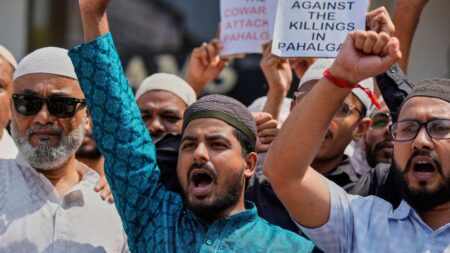In a groundbreaking announcement, Prime Minister Narendra Modi declared that India will draw no distinction between terrorists and the Pakistani government in upcoming ceasefire discussions. This bold statement highlights India’s unwavering position amid escalating tensions. Stay tuned for live updates!
Browsing: Pakistan
The enduring India-Pakistan conflict offers a unique strategic opportunity for China, as it aims to bolster its intelligence operations in the region. Experts believe that the escalating tensions could pave the way for China to gain invaluable insights into the military strategies of both nations.
In a bold and unexpected move, former President Donald Trump has offered to step in as a mediator in the enduring Kashmir conflict between India and Pakistan. His intriguing declaration, “Will work with you both,” has sparked renewed conversations about the possibility of international intervention in this complex and sensitive region.
Even with a recent ceasefire between India and Pakistan, reports indicate that the water-sharing treaty is still on hold. The persistent struggles over water resources highlight deeper bilateral challenges, casting a shadow over aspirations for enduring peace in the region.
In a stunning turn of events, India and Pakistan have found themselves embroiled in a fierce military confrontation, unveiling an impressive arsenal of advanced weaponry. From cutting-edge Chinese missiles to sleek French jets and high-tech Israeli drones, the clash underscores the intricate web of geopolitics that defines South Asia today. As regional tensions continue to mount, this conflict serves as a stark reminder of the volatile landscape in which these nations operate.
The atmosphere between India and Pakistan has reached a boiling point, with both countries trading serious allegations of aerial assaults. As the situation grows increasingly precarious, military forces stand ready for any eventuality, heightening concerns of an impending conflict. Stay tuned for live updates as this story develops.
Tensions soared as India initiated strikes in Kashmir and Pakistan, raising alarms about the stability of the region. The New York Times captured these military actions with striking photos and compelling videos, vividly illustrating the profound humanitarian impact of this ongoing conflict.
Breaking news reveals that the enduring India-Pakistan conflict has surged to alarming new heights, with fierce military confrontations and tragic civilian casualties emerging from the frontline. This escalation represents the most significant clash between these two nations in decades, sparking widespread international concern.
In a bold move, India recently conducted an airstrike aimed at a terror base in Muridke, but the operation has sparked intense debate over the true nature of the target. Critics are raising alarms, suggesting that the strike may have hit a mosque instead. This controversy is fueling tensions and igniting passionate discussions about the legitimacy of military actions in this volatile region.
Residents in Pakistani-administered Kashmir are increasingly on edge as fears of a military escalation with India loom large. Following a series of recent border clashes, the atmosphere is thick with anxiety, as locals worry they could be the first to bear the brunt of any renewed conflict. This growing unease has intensified their sense of vulnerability, leaving many to wonder what the future holds.
In a passionate response, the Pakistani Prime Minister has strongly condemned the recent Indian airstrikes that led to a tragic loss of life. He vowed to respond with unwavering resolve. As tensions between these neighboring nations continue to escalate, fears of an impending conflict loom large over the region.
In a dramatic turn of events, India has reportedly launched airstrikes across the border in Pakistan, targeting militant strongholds. This bold move, however, came at a cost as officials confirmed the loss of an Indian aircraft during the operation. The incident has sparked serious concerns about the implications for regional security and stability.
In the wake of India’s military strikes on Pakistan, a wave of false information has swept across the region, raising alarm bells everywhere. Dedicated fact-checkers are tirelessly battling against the tide of misleading narratives that threaten to escalate tensions. It’s crucial to tackle misinformation head-on to preserve peace and stability.
France is urging calm as tensions between India and Pakistan escalate, calling on both countries to come together for dialogue to ease the situation. This appeal comes in light of increasing clashes that have sparked worries about regional stability and security.
The relationship between India and Pakistan is steeped in a rich tapestry of history, marked by conflict and rivalry. At the heart of this complex bond lie deep-seated territorial disputes and religious divides that have fueled animosity for decades. As both nations navigate the shifting landscape of global politics, the echoes of their tumultuous past resonate loudly, casting a long shadow over current tensions.
In a major blow to Pakistan’s economy, India has taken the drastic step of blocking $500 million in Pakistani goods from entering its market through third countries. This bold move is set to deepen the already tense trade relations between the two nations and poses a serious risk to Pakistan’s economic stability.
In a significant show of strength, Pakistan has successfully test-fired a ballistic missile, heightening the already tense atmosphere with India. This pivotal moment highlights the persistent security challenges facing South Asia, as both countries grapple with an increasingly delicate geopolitical landscape.
Pakistan’s persistent airspace ban on India is poised to inflict a hefty financial blow on Air India, with estimates suggesting a staggering loss of $591 million in the coming year, as highlighted in a recent report by Al Jazeera. These restrictions not only complicate flight routes but also hinder operational efficiency, creating significant challenges for the airline.
Senator Marco Rubio is taking proactive steps by reaching out to officials in both India and Pakistan, striving to calm the rising tensions after a recent attack in Kashmir. These crucial discussions are focused on promoting dialogue and finding ways to de-escalate hostilities in this volatile region.
Pakistan has raised alarms following intelligence reports suggesting that Indian military action could be on the horizon. This warning intensifies the already fraught relations between the two neighboring nations, sparking fears of a possible escalation in the region.

